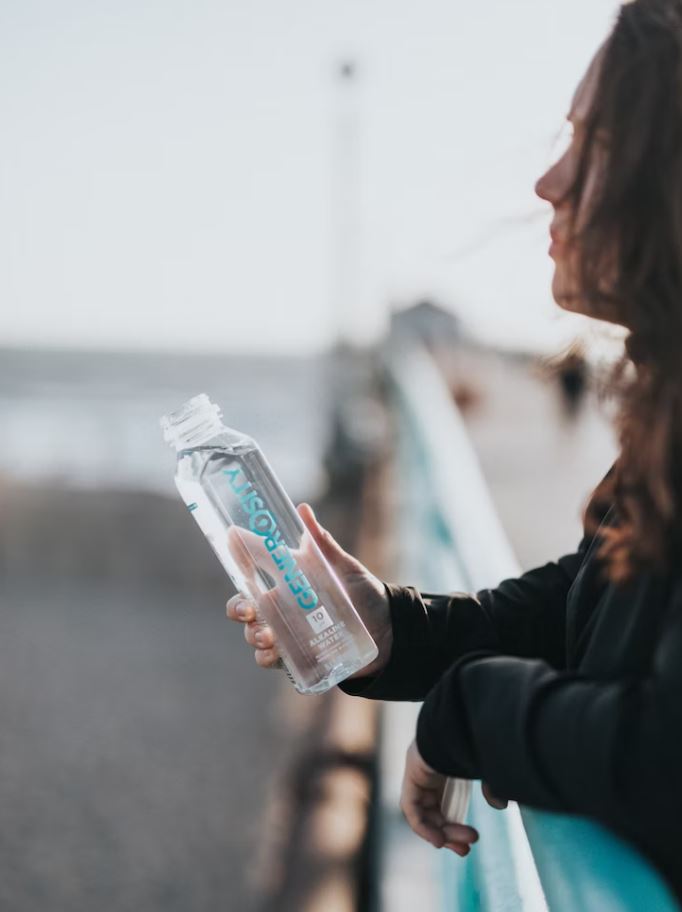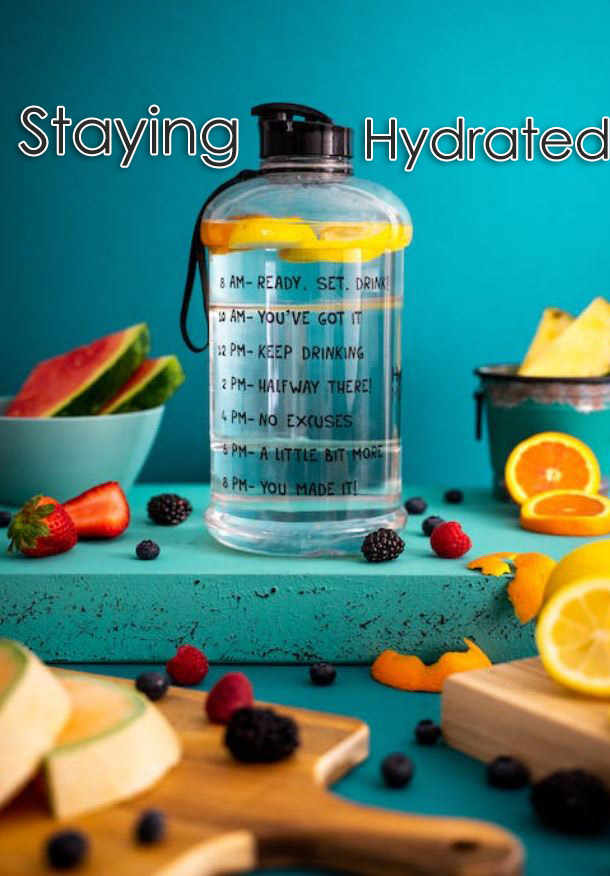Hydration is a crucial factor in maintaining good health and well-being. Every cell, tissue, and organ in your body needs water to function correctly. Yet, many people fail to consume enough fluids each day, leading to dehydration, which can have a severe impact on health and performance. This article aims to shed light on how much water one should consume per day and why staying hydrated is essential.
Hydration refers to the process of providing your body with adequate fluids to perform essential functions. Water makes up about 60% of the human body, playing a vital role in a variety of functions such as maintaining body temperature, lubricating joints, aiding digestion, and carrying nutrients and oxygen to the cells. Even slight dehydration can impair these functions, leading to fatigue, headaches, and impaired cognitive performance.
How Much Water Should You Drink Per Day?

Many health experts recommend drinking at least 8 glasses (8 ounces each) of water a day, known as the “8×8 rule.” This amounts to about 2 liters or half a gallon, which is a reasonable goal for most people.
However, the appropriate amount can vary depending on numerous factors, including your age, gender, body weight, activity level, and overall health. For example, athletes or individuals who engage in heavy physical activities need more water than those with sedentary lifestyles. Similarly, if you live in a hot or dry climate, your body will lose more water through sweat, necessitating increased fluid intake.
The Institute of Medicine (IOM) suggests a more generous amount: about 3.7 liters (or 13 cups) for men and 2.7 liters (or 9 cups) for women. This includes total water intake from all beverages and foods.
One practical way to ensure you’re drinking enough is to check your urine color. If it’s light yellow or clear, you’re likely well-hydrated. If it’s a darker yellow, that could be a sign of dehydration. These tips are paramount in the importance of hydration.
The Importance of Staying Hydrated
- Optimizes Physical Performance: Proper hydration contributes to improved physical performance. It helps regulate body temperature, lubricates the joints, and delivers nutrients to the muscles, thereby preventing fatigue and enhancing performance.
- Enhances Cognitive Function: Dehydration can impair attention, memory, and motor skills. Maintaining adequate hydration levels ensures optimal brain function.
- Supports Digestive Health: Water aids in the digestion of food and absorption of nutrients, preventing constipation and other digestive issues.
- Promotes Kidney Function: The kidneys play a crucial role in flushing out toxins from the body. Adequate water intake helps the kidneys work more efficiently.
- Maintains Skin Health: Proper hydration contributes to skin health by promoting elasticity and suppleness and preventing dryness and premature aging.
Overhydration happens when you consume water faster than your kidneys can excrete it. The kidneys typically eliminate about 20-28 liters of water a day, but they can only process 800-1000 ml of water per hour. If your water intake is higher than this, it can cause an unnecessary drop in your body’s sodium levels. Which can cause hyponatremia. Sodium is crucial for maintaining blood pressure, nerve and muscle cell functioning, and balancing fluids in the body. An imbalance in sodium levels can lead to serious health problems.

The Hazards of Overhydration
The following are the dangers associated with overhydration:
Swelling of Cells: Overhydration causes an electrolyte imbalance, particularly of sodium, leading to a surplus of water in your body. This excess water can cause cells to swell, which can be particularly harmful when it happens in the brain, leading to potentially life-threatening complications like seizures, coma, or even death.
Impaired Kidney Function: Consuming excessive water puts strain on the kidneys by making them work overtime to filter the surplus water out of your circulatory system. Over time, this can potentially lead to kidney damage.
Hyponatremia: Overhydration leads to low sodium concentration in the blood, a condition known as hyponatremia. Symptoms include nausea, headache, confusion, seizures, and in severe cases, coma and death.
These hazards are also importance concepts to consider when pondering the importance of hydration.
Identifying and Avoiding Overhydration
Preventing overhydration involves understanding your body’s specific hydration needs. Here are some tips to help avoid overhydration:
Understand Your Body’s Needs: Factors such as climate, physical activity level, age, and overall health status can all influence how much water you need.
Use Your Thirst as a Guide
Our bodies have a well-tuned mechanism for determining when we need more fluids: thirst. Unless you’re older (as the sensation of thirst declines with age) or engaging in vigorous physical activity, drinking when you’re thirsty should be sufficient for staying properly hydrated.
Check Your Urine: The color consistency of your urine can be a good baseline indicator of how hydrated you are. Clear or very pale urine can be a sign of overhydration, while dark yellow or amber-colored urine can indicate dehydration.
Avoid Drinking Extreme Amounts of Water: Drinking multiple liters of water in a short timeframe, particularly without replenishing electrolytes, can quickly lead to overhydration.
Staying hydrated is essential for overall health, from ensuring optimal cognitive and physical performance to supporting key bodily functions. While the ‘8×8’ rule serves as a good starting point, it’s important to adjust your water intake based on your lifestyle, climate, and physical condition. Remember, while water is the best source of hydration, other fluids and water-rich foods also contribute to your daily hydration needs. Above all, listen to your body; thirst is a clear sign that you need to hydrate.
So, keep a water bottle handy, and make hydration a daily priority for your health.

